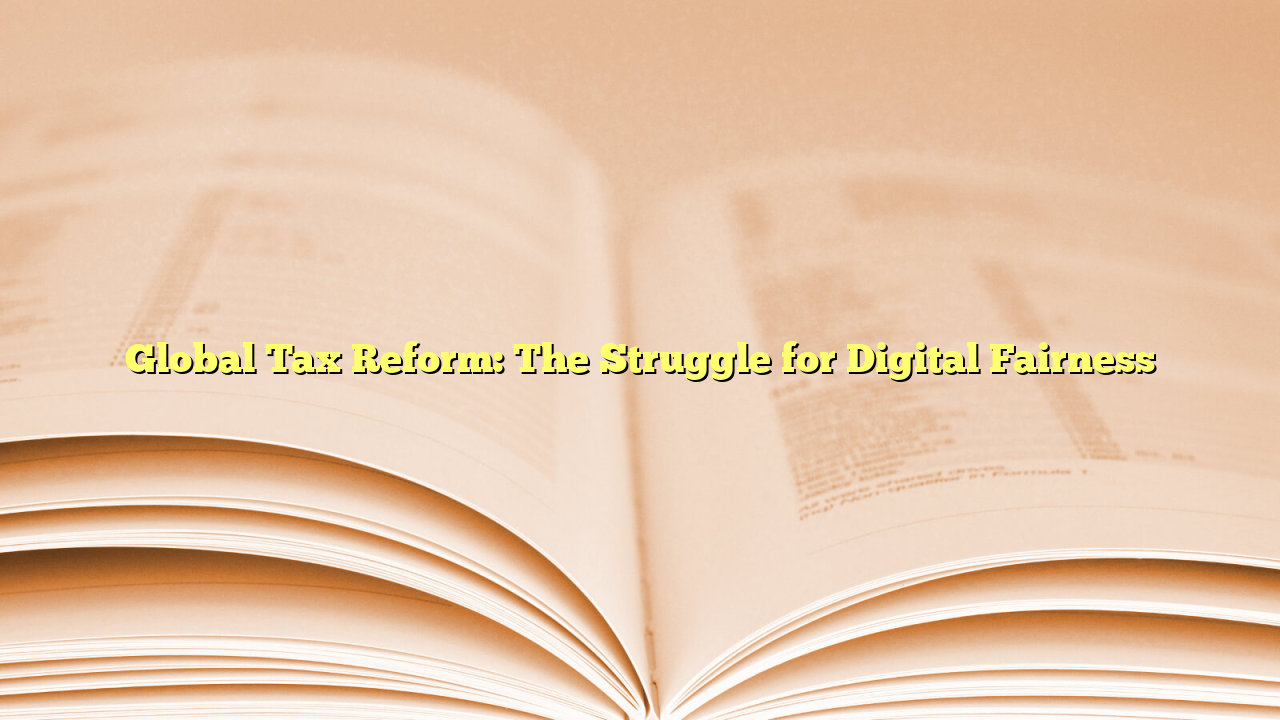As digital giants dominate global markets, governments are racing to adapt outdated tax systems to a borderless economy. The battle for digital taxation has become one of the most contentious issues in international finance — pitting national judi slot Naga169 interests against global fairness.
In 2021, over 130 countries under the OECD agreed on a two-pillar framework to ensure multinational corporations pay their “fair share.” Yet progress has stalled. The U.S. resists new taxes that could target its tech firms, while developing nations demand greater revenue redistribution.
Europe has moved ahead independently. France, the U.K., and Italy have implemented digital services taxes, sparking trade tensions with Washington. Emerging economies like India and Nigeria are following suit, arguing that digital consumption within their borders justifies local taxation.
Experts warn that without coordination, “a digital tax arms race” could fragment the global economy. The IMF estimates that uncollected taxes from multinational profit shifting exceed $600 billion annually.
Meanwhile, corporate lobbying and political gridlock threaten reform. “Tech companies are global, but tax systems remain national,” said fiscal analyst Vitor Gaspar. “That mismatch is at the heart of today’s crisis.”
Whether through OECD frameworks or regional accords, the world is slowly converging on a principle once dismissed as radical — that digital wealth should be taxed where it is created, not where it is hidden.
